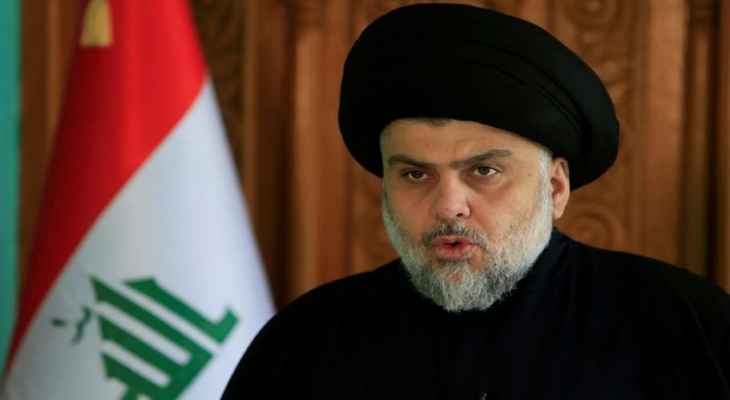The leader of the Sadrist movement, Muqtada al-Sadr, pointed out that “the unity of the ranks is extremely important if it is based on real reforms and the rejection of corruption, and popular mobilization should not be associated with current or frameworks.”
Al-Sadr stressed that “the unity of the Iraqi ranks must be consistent with social systems, the decision and the agreement recognized by the people.”
Earlier, the leader of the Sadrist movement in Iraq, Muqtada al-Sadr, explained: “I have not yet decided whether to run for new elections or not, and there is no benefit from dialogue, especially after the people have declared their free and spontaneous speech,” and stressed: “We will not accept bloodshed in any way.” That “the reform is not without sacrifice, and I am fully prepared to accept martyrdom. I do not seek power and have no personal prey, but I ask for reform. He pointed out that “the old faces will not exist as a result of the early democratic electoral process after the dissolution of parliament”, and believed that “the Iraqi people are tired of the entire ruling class, and the protesters should stay and continue the sit-in.” until the requirements are met.
The Sadrist movement previously announced “the start of an open sit-in at the Iraqi parliament building” hours after protesters from the movement stormed the building, knocking down concrete barriers and entering the green zone. While condemning the nomination of the Coordinator as a candidate for prime minister, they consider him close to former Prime Minister Nouri al-Maliki, Sadr’s political opponent.
Source: El Nashra
